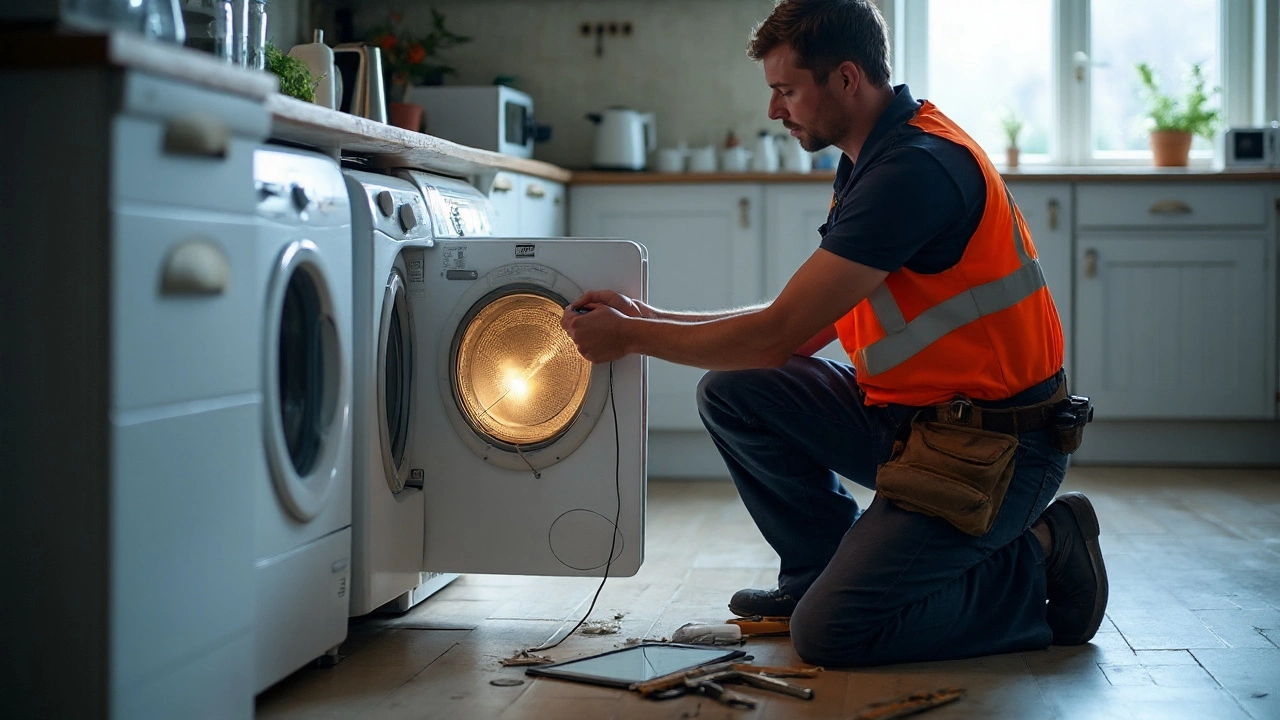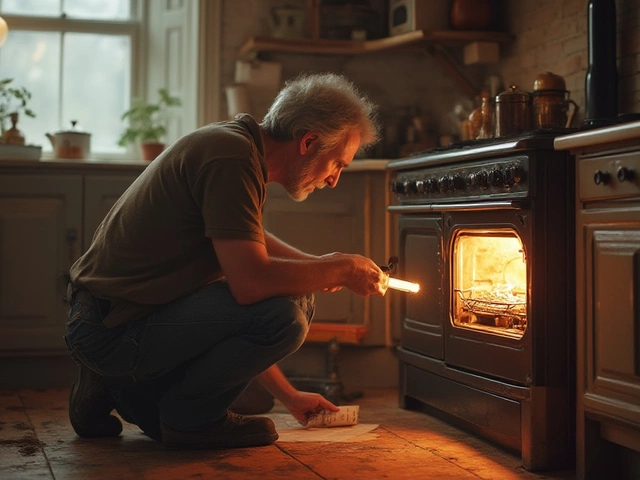If your washer is making strange noises or won’t spin, the transmission could be the culprit. The transmission is the part that moves water from the tub to the spin cycle, and when it breaks, the whole machine can stop working. Knowing what drives the price helps you decide whether to repair or replace.
Several factors shape the final bill:
Because of these variables, a typical transmission repair in the UK runs from £120 to £300. If the part needs to be ordered, add another £30‑£70 for the component itself.
Most homeowners ask if fixing the transmission makes sense. Here’s a quick rule of thumb: if the total cost is less than half the price of a new washer (around £250‑£350 for a decent mid‑range machine), repair is usually the smarter move.
However, if the washer is over 10‑12 years old, you might face recurring problems. In that case, budgeting for a replacement could save you money in the long run. A brand‑new energy‑efficient washer can cost between £400‑£800, but you’ll enjoy lower running costs and a warranty.
When you call a local repair service like Bognor Regis Appliance Repair Experts, they’ll inspect the transmission and give you a clear quote. Most companies are happy to break down the cost: part price, labour, and any extra fees.
Before you agree to the work, ask these questions:
Getting answers up front prevents surprise charges later.
In summary, a washing machine transmission repair typically costs between £120 and £300, depending on age, brand, and damage level. Compare that to the price of a new machine, weigh the age of your current washer, and ask for a detailed quote. With the right info, you’ll know exactly how much to set aside and whether fixing or replacing is the smarter choice.

Front-load tub/drum assemblies and top-load transmissions are usually the priciest washer repairs. See real costs, how to diagnose, and when to fix or replace.

Electric ovens can sometimes act up and cause frustration in the kitchen. While not every issue requires a professional, understanding the basic components can save time and money. This guide explores the practicality, challenges, and tips for tackling common oven problems. Whether it's a heating issue or a broken door handle, knowing what to check is crucial. Get insights into the DIY approach to electric oven repair to keep your appliance running smoothly.

Repairing a gas oven might seem daunting, but it's often worth the effort. This article explores when it's practical to repair versus replace, common issues, and cost-effective solutions. Learn helpful tips, find out if it’s a DIY fix, and consider important safety aspects. Discover how to make an informed decision that saves money and hassle.

When it comes to kitchen convenience, dishwashers are hard to beat. They free up our time, reduce water and energy use, and help keep our kitchenware sparkling clean. But how long should one really expect a dishwasher to last? This article will explore average lifespans, key factors affecting longevity, and practical tips for extending the life of your trusty machine, ensuring you get the most value and efficiency.

Discover what causes heat pumps to break down, the warning signs, and how to keep yours running smoothly with practical tips for any homeowner.

Got a cold oven? Learn if you can swap that faulty heating element yourself, what tools you'll need, and exactly what to watch out for. Easy fixes, with real-life tips.